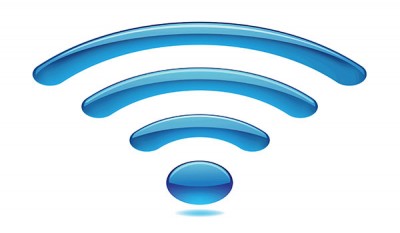47.7 million public wifi hotspots will be deployed worldwide by the end of 2014.
The research by iPass found that global hotspot numbers will grow to over 340 million over the next four years, offering around one hotspot for every twenty people globally.
“Over the last few years we’ve seen the emergence of the ‘wifi first’ generation. Wifi has become cool again; in fact it’s seen by most as an essential utility, just like water or electricity,” said Evan Kaplan, President and CEO of iPass. “Most of the devices we use are wifi only and even on the most advanced 4G handsets, 78 per cent of data goes over wifi. Simply put, it’s the network of choice for consumers and soon they’ll be able to roam this alternative network of millions of hotspots.”
The research showed that wifi is changing the power structures of the telecommunications industry, with 50 per cent of all commercial hotspots now controlled by brands whose core business isn’t telecommunications.
Research released in September by F-Secure found that consumers carelessly use public wifi without regard for their personal privacy. In the experiment, which involved setting up a ‘poisoned’ wifi hotspot, unsuspecting users exposed their internet traffic, their personal data, the contents of their email, and even agreed to an outrageous clause obligating them to give up their firstborn child in exchange for wifi use.
Mark James, security specialist at ESET, said: “I think this research opens a few big security questions. Who is responsible for the router that is hosting the wifi spot? Has the end user done all they can to ensure that default passwords are changed and their device has not been compromised, and has the owner of the router been fully informed on how to opt-out if they so wish?
“Virtually everything we do these days requires internet access. We strive for 100 per cent coverage and often will look at internet availability before anything else, and that enforces the need for increased security.
“Free wifi is great for keeping up with Facebook or email, but the amount of information being exchanged is frightening. Virgin Media having recently introduced free wifi at 150 of the London’s underground stations, and they state that more than 3TB of data are consumed every day.”








